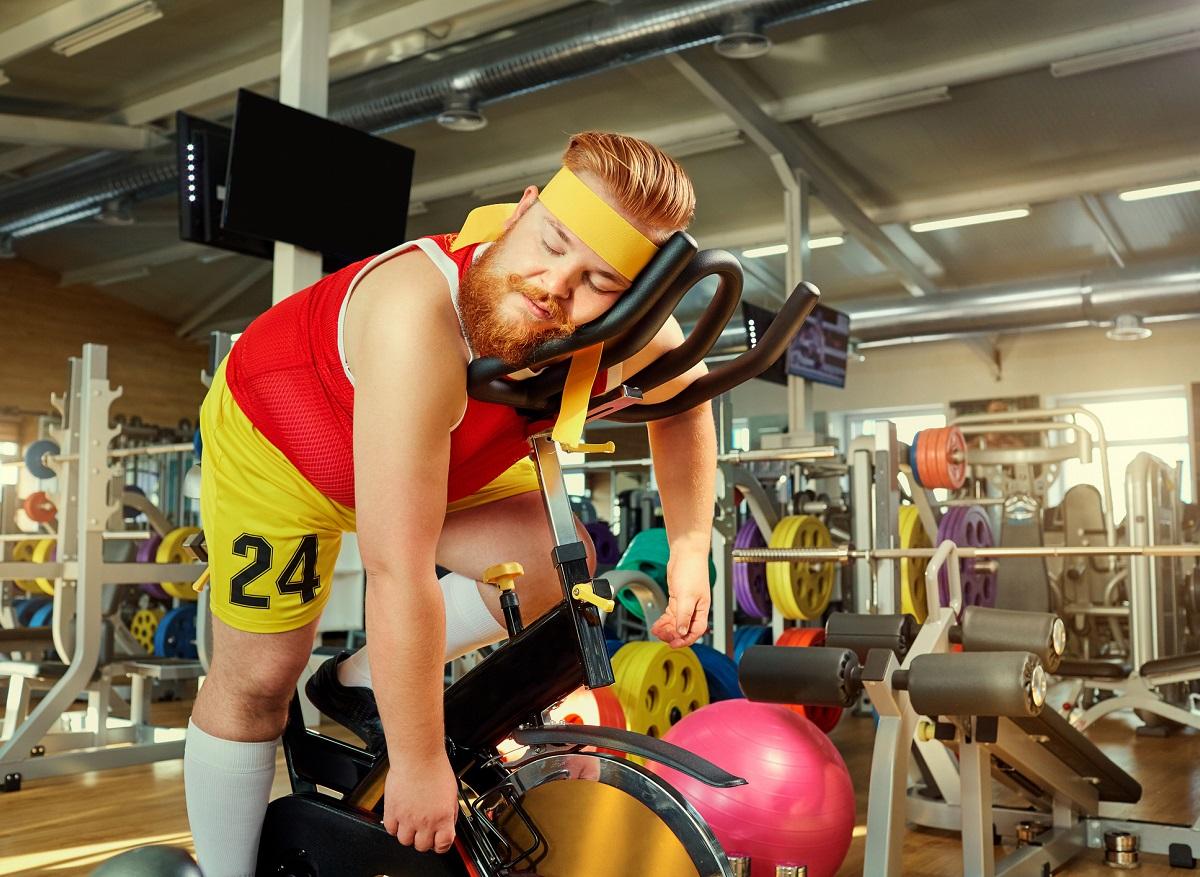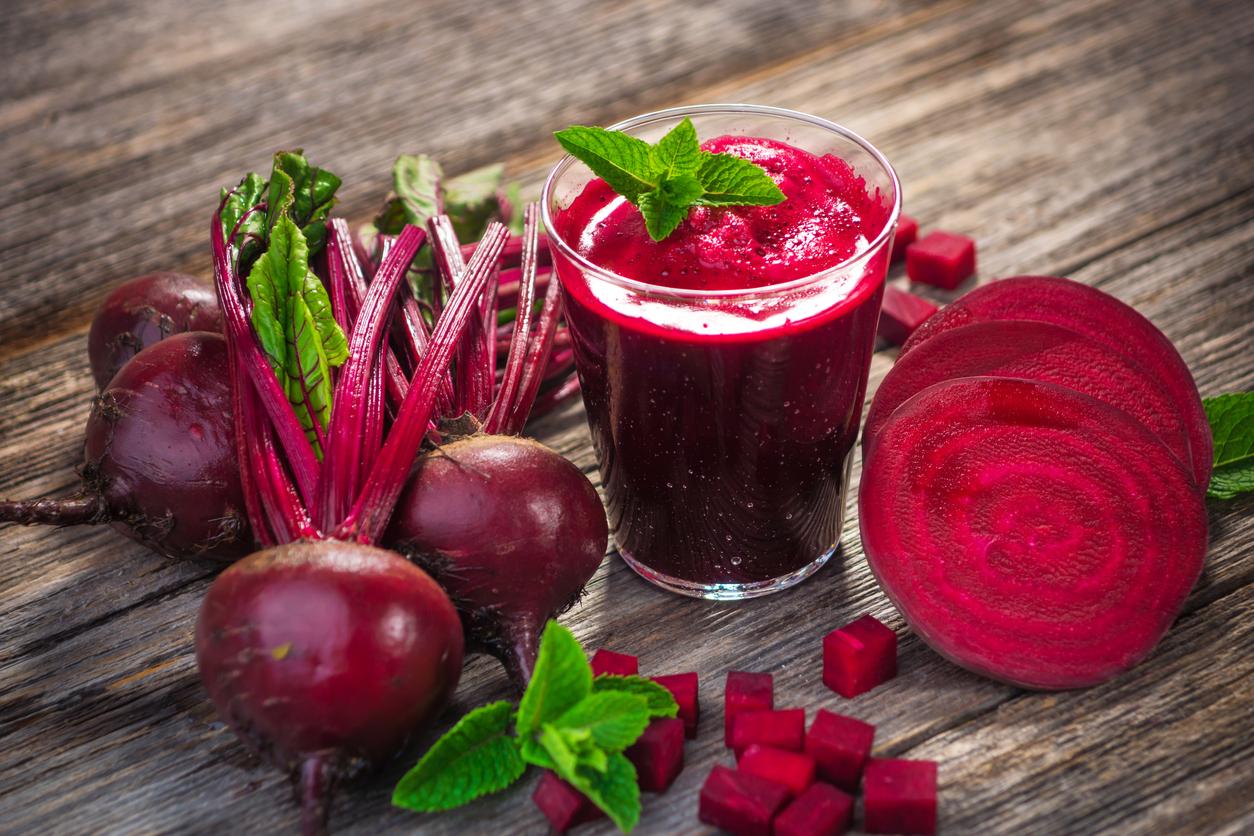Whether you are a top athlete or an amateur, the quality and quantity of sleep can greatly influence your results.

- Quality sleep promotes optimal recovery, reducing muscle soreness and preparing the body for subsequent workouts.
- It also improves endurance and the ability to maintain high performance over long periods.
- For optimal recovery, athletes may need 8 to 10 hours of sleep.
During sleep, the body actively works to repair muscle tissue damaged during exercise. Growth hormones, essential for muscle rebuilding and recovery, are mainly secreted during deep sleep phases. Thus, quality sleep promotes optimal recovery, reducing muscle soreness and preparing the body for the following workouts.
Performance improvement
Sleep directly affects cognitive functions such as concentration, alertness and coordination, all of which are essential for optimal athletic performance. A night of insufficient sleep can lead to decreased accuracy, reaction speed and decision-making. In contrast, restorative sleep improves endurance and the ability to maintain high performance over long periods of time.
Injury Prevention
Lack of sleep increases the risk of injury. A tired body is less able to handle physical stress, and reflexes slow down, increasing the risk of accidents. In addition, fatigue reduces motivation, which can affect the regularity and effectiveness of training.
Sleep is essential for anyone looking to improve their athletic performance. Prioritizing quality sleep can help you optimize recovery, improve your cognitive and physical abilities, and reduce your risk of injury. For maximum results, incorporate good sleep hygiene into your training routine.
How much sleep is recommended?
The recommended amount of sleep may vary depending on age, physical activity level, and individual needs. However, for athletes and people who regularly engage in intense physical activity, here are general recommendations:
Recommended sleep duration
- Adults (18-64 years): 7-9 hours per night. Athletes may benefit from 8-10 hours for optimal recovery.
- Adolescents (14-17 years): 8 to 10 hours per night, as their bodies are actively growing and repairing themselves.
- Children (6-13 years): 9 to 11 hours per night, as they are very active and developing.
Importance of sleep quality
In addition to duration, sleep quality is crucial. Restorative sleep involves sufficient deep and REM sleep cycles, which are necessary for physical and mental recovery.
Here are some tips to improve sleep quality:
- Establish a regular routine: Go to bed and get up at the same time every day.
- Create an environment conducive to sleep: Dark, quiet and cool bedroom.
- Avoid stimulants: Limit caffeine and bright screens before bed.
- Practice relaxation: Relaxation or meditation techniques to calm the mind before sleeping.
Strategic naps
For athletes, naps can also play a role in recovery. A 20- to 30-minute nap can help reduce fatigue and improve alertness without interfering with nighttime sleep.
Aiming for 7-9 hours of sleep per night for adults and adjusting for specific needs related to physical activity and age is recommended. Adequate and quality sleep is an essential pillar for optimizing sports performance and maintaining good general health.
















